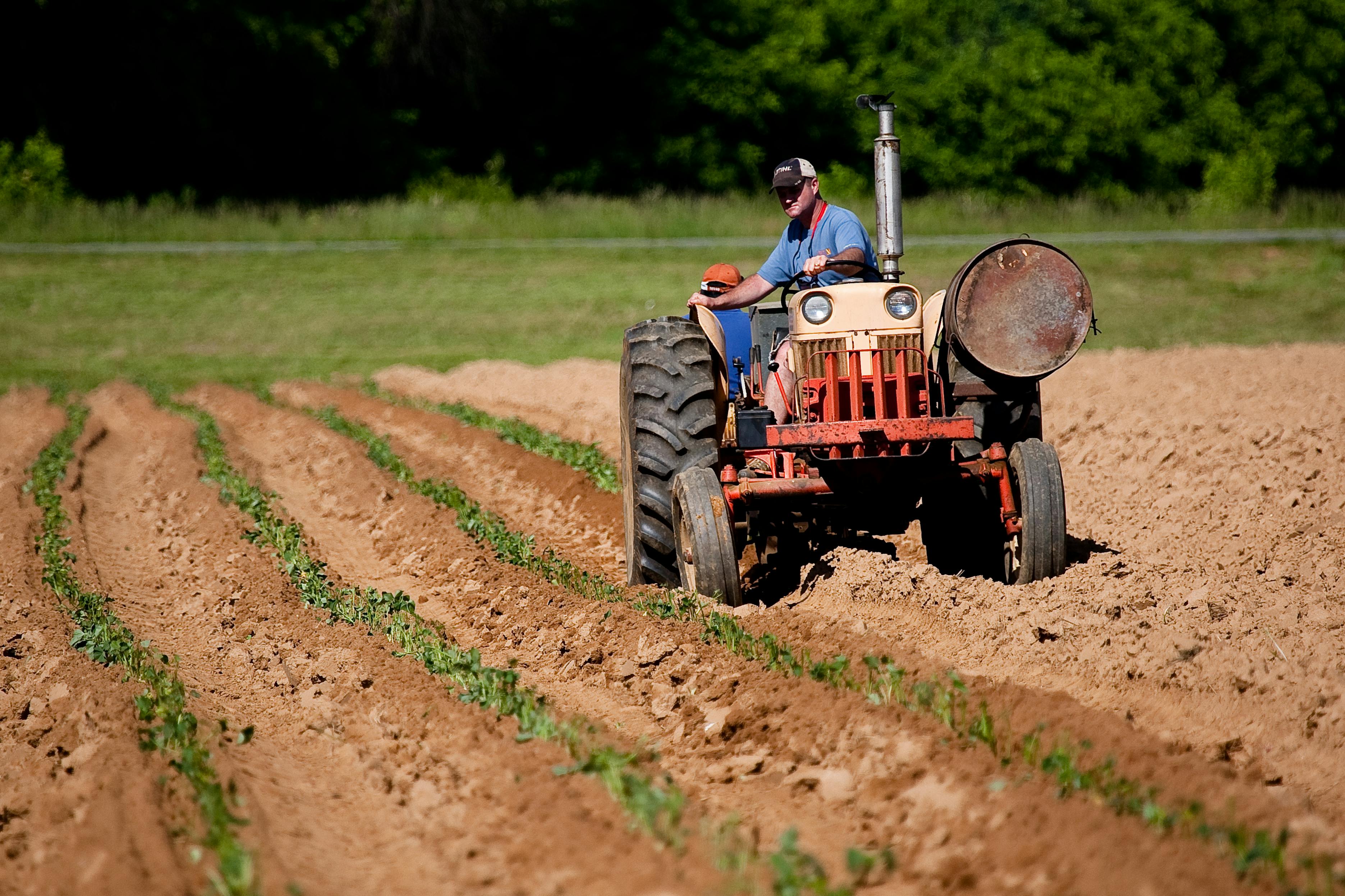Decoding the Modern Relevance of Urban Agriculture
Urban agriculture, a seemingly unassuming term, carries layers of sociological relevance and cultural implications in the heart of our modern societies. Read below to delve into this captivating topic, exploring the past, present, and future of urban agriculture.

Defining Urban Agriculture: A Historical Perspective
Urban agriculture, broadly, refers to the cultivation, processing, and distribution of food within the urban landscape. The concept, however, is not new. It finds its roots in the ancient civilizations of Rome, Egypt, and Babylon, where urban farming methods were employed to feed the growing urban populations. With industrialization, urban agriculture faced a decline, only to re-emerge in the 20th century during the World Wars. The resurgence of urban agriculture today signals a return to the past in many ways, yet it is also an adaptation to our modern world’s unique challenges.
Urban Agriculture Today: A Cultural Shift
In today’s society, urban agriculture is experiencing a cultural rebirth, driven by a new wave of environmental awareness and a desire for self-sustainability. It has seeped into the urban lifestyle, with community gardens, rooftop farms, and backyard horticulture becoming increasingly common. Urban agriculture has also found its place in popular culture, featuring in movies, documentaries, and social media. Experts suggest that this trend is a reflection of a broader societal shift towards sustainability and local consumption.
The Social Impact of Urban Agriculture
The impact of urban agriculture extends beyond mere food production; it’s a tool for social change. Urban farms provide green spaces in concrete jungles, contributing to mental health and community well-being. They serve as educational platforms, promoting environmental stewardship and sustainable practices. Importantly, urban agriculture fosters social inclusion, providing employment opportunities and food security to marginalized urban populations.
The Sociological Significance of Urban Agriculture
Research indicates that urban agriculture holds immense sociological significance. It challenges the traditional dichotomy of urban-rural life, intertwining nature with the built environment. As cities become more populated, urban agriculture presents a solution to food security and sustainability issues. It also fosters a sense of community, promoting social interactions and collective action in urban settings.
Decoding the Future: Urban Agriculture and Modern Society
Looking ahead, urban agriculture is poised to play a critical role in shaping our societies. As climate change intensifies, and urbanization continues, the need for sustainable, local food systems will only grow. Urban agriculture offers a response to these challenges, promising a future where cities are not just consumers but producers of food. It’s a future where urban spaces are greener, healthier, and more inclusive.
In conclusion, urban agriculture is more than a trend; it’s a cultural and societal shift with deep roots in history and a promising future. As we continue to navigate the complexities of modern life, urban agriculture offers a path towards sustainability, resilience, and social inclusion. Its impact on our cities and societies is profound, shaping not just our landscapes, but our identities and our collective future.




